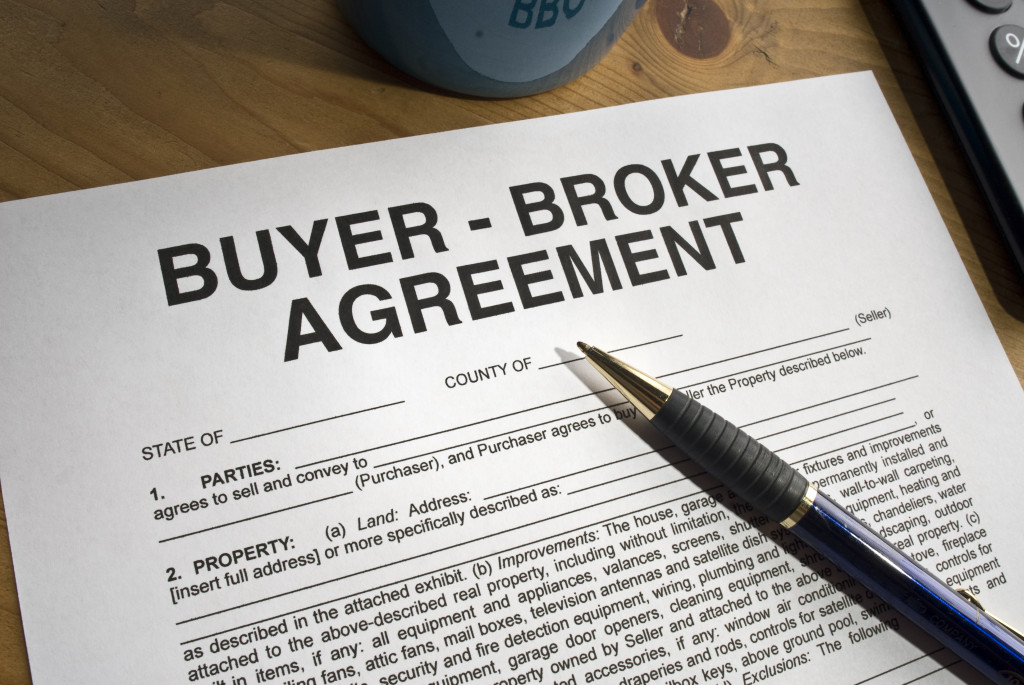
Understanding the Difference Between a Commercial Realtor and a Residential Realtor
When it comes to real estate, many people think all realtors do the same job: help you buy or sell property. While this is true at a high level, there’s a significant difference between a commercial realtor and a residential realtor. Each plays a distinct role in the real estate world, and under

How To value & Sell Your Restaurant Business
After thoughtful deliberation, you’ve decided to sell your restaurant. Getting ready to sell a business involves a series of strategic steps, each aimed at attracting the best potential buyers and securing the highest possible value for your investment. To ensure a smooth and successful sale, follow

Valuing a Business Based on Its Revenue
When you need to estimate a business's value, a full-scale appraisal isn't always required. There are "rules of thumb" methods that can provide reasonable estimates, offering a useful starting point for business valuation and pricing. Valuing a business based on its revenue is a legitimate method,
Categories
Recent Posts










